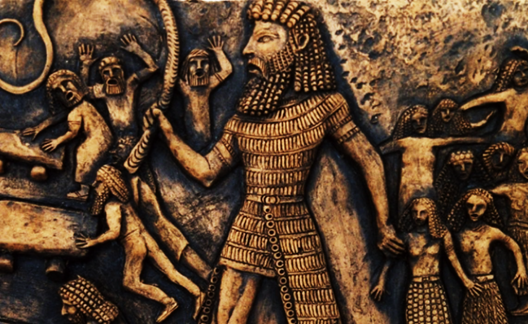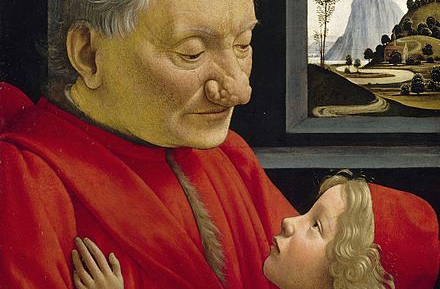In Gaza and Israel?
T. E. Lawrence has been one of my many mentors for years. Mentors are guardrails that can help each of us from veering off our journey down our yellow brick roads of life. Since October 7, 2023, the world has been absorbed by the Israeli-Hamas war. Our initial attention dealt with the attacks on Israeli kubbits near the Gaza border.
According to Human Rights Watch, Hamas gunmen killed 1,400, mostly civilians, living in several Israeli kubbits near the border with Gaza. The world saw many videos of Hamas militants as they shot, burnt infants, and beheaded people.
The Israeli Defense Forces (IDF) had missed the invasion plans and were also late in responding to the various incursions. In the past fifty days, the UN estimates more than 14,000 Gazans have been killed as a result of the IDF’s response to Hamas. For the past week, American TVs have dwelled upon the release of some of the hostages held by Hamas and other groups in Gaza.
While it is important to get the hostages out of Gaza, I don’t hear much discussion about the number of children, women, and the elderly killed by the IDF. The vast majority of the deaths in Gaza weren’t Hamas personnel. Most of the deaths were innocent Gazans, as were the hostages.
Enter T.E. Lawrence. Lawrence was a junior liaison officer at the time of WWI. Two things were happening concurringly in the British mindset. The first was to stop the Ottomans and their alliance with the Germans. This involved Lawrence and the Arab Revolt. The other was the Sykes-Picot agreement, which was initially a secret agreement.
Lawrence went about toppling the Ottoman Turks by assisting in the Arab Revolt (1916-18). The major battle was at the port of Aqaba on the Red Sea. Lawrence planned and carried out the Battle of Aqaba. He didn’t share the typical British mindset about the Arabs. He wrote, “Do not try to do too much with your own hands. Better the Arabs do it tolerably than that you do it perfectly. It is their war, and you are there to help them, not to win it for them.”
The Sykes-Picot agreement was between the British and French. After defeating the Germans and the Ottoman Turks, the British and French would control agreed-upon areas. No Arabs were a part of this accord.

The Sykes-Picot agreement about dividing up the Middle East
At the Paris Peace Conference in 1919, the Allies failed to give any Arab groups independence. This is the Arab delegation, which included T.E. Lawrence. Lawrence was a part of the Arab delegation.

Emir Feisal and his advisors at the Peace Conference
Lawrence was furious about Sykes-Picot, the Peace Conference, and the Treaty of Versailles. As a result, he resigned his commission in the British army.
Winston Churchill said at T.E. Lawrence’s funeral, “I deem him one of the greatest beings alive in our time. I do not see his like elsewhere. I fear whatever our need we shall never see his like again...‘His name will live in history.’ That is true. It will live in English letters; it will live in the annals of war... and in the legends of Arabia.
A year prior to the end of WWI, a group of Jewish Zionists wrote the British Foreign Secretary, Lord Balfour. They wanted the British to back them with their desire for a State of Israel. This was his reply.

In a very long sentence, Balfour doesn’t mention a country; he merely says that the British government endorses “in Palestine of a national home for the Jewish people.” The other half of that sentence is qualified. He wrote, “... it being clearly understood that nothing shall be done which may prejudice the civil and religious rights of existing non-Jewish communities in Palestine, or the rights and political status enjoyed by Jews in any other country.”
We find ourselves a century later with a war between Israel and Hamas. It doesn’t seem that Israel followed the Balfour Declaration was followed.
















